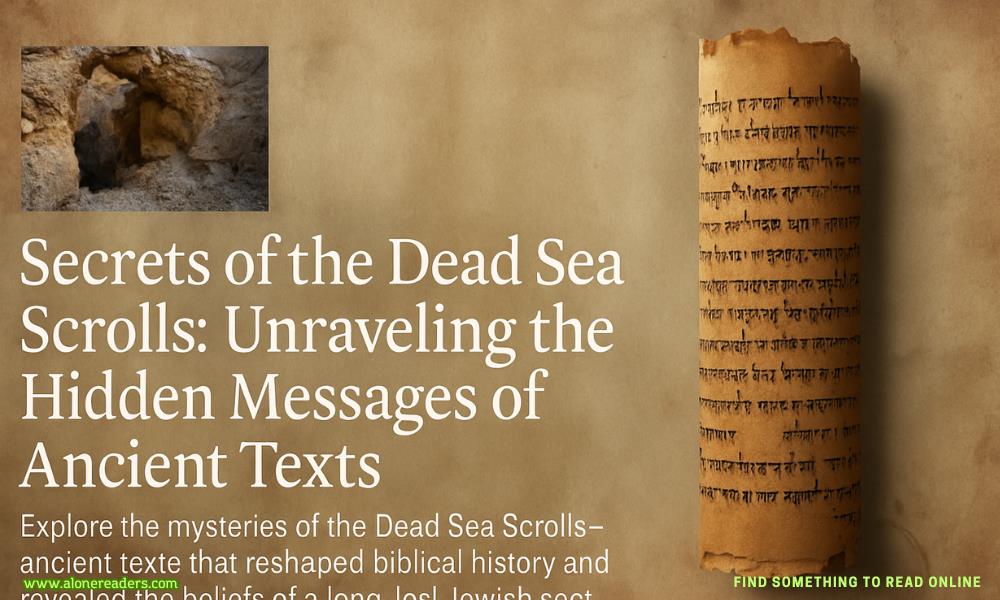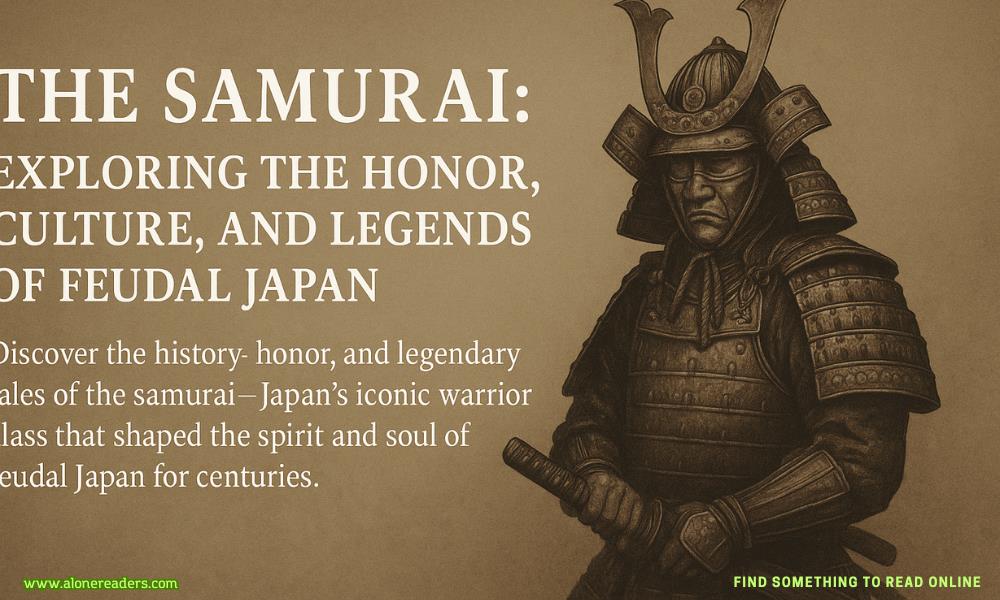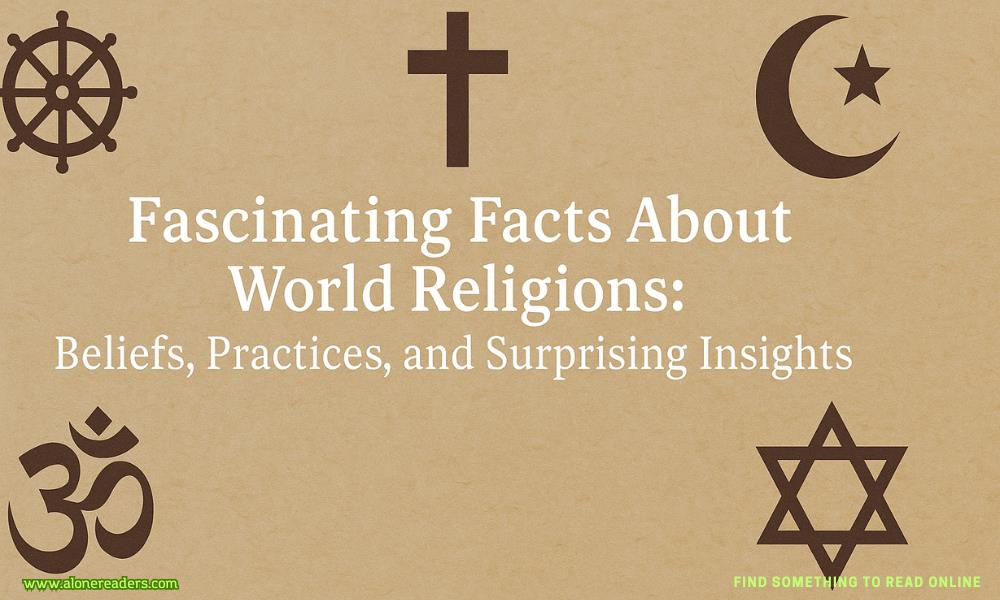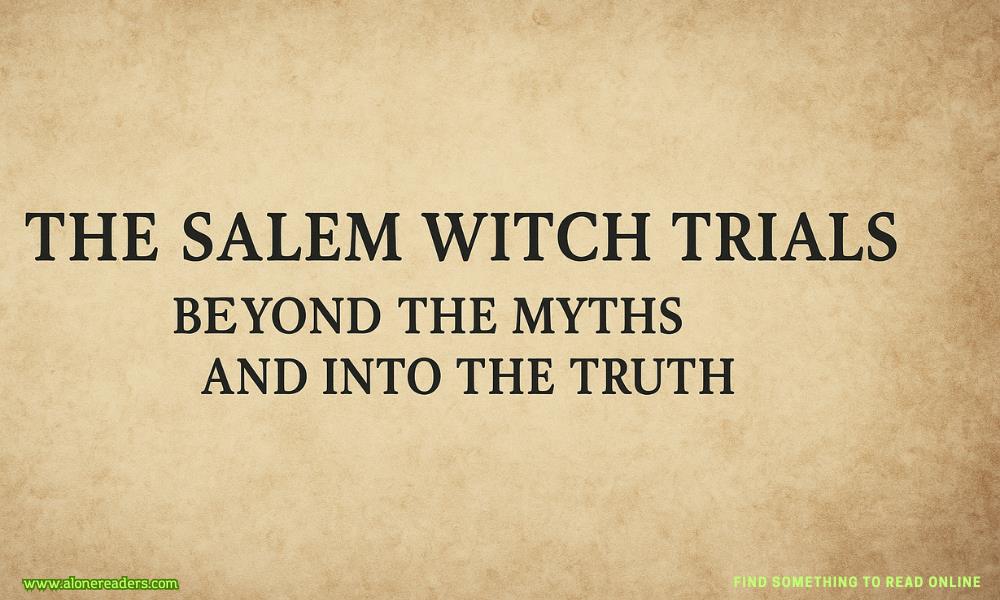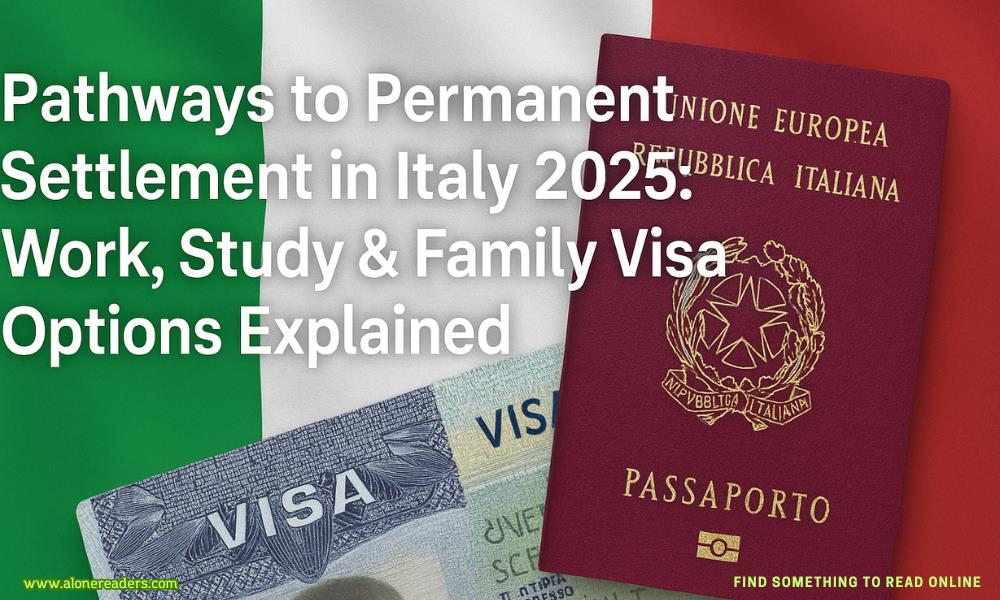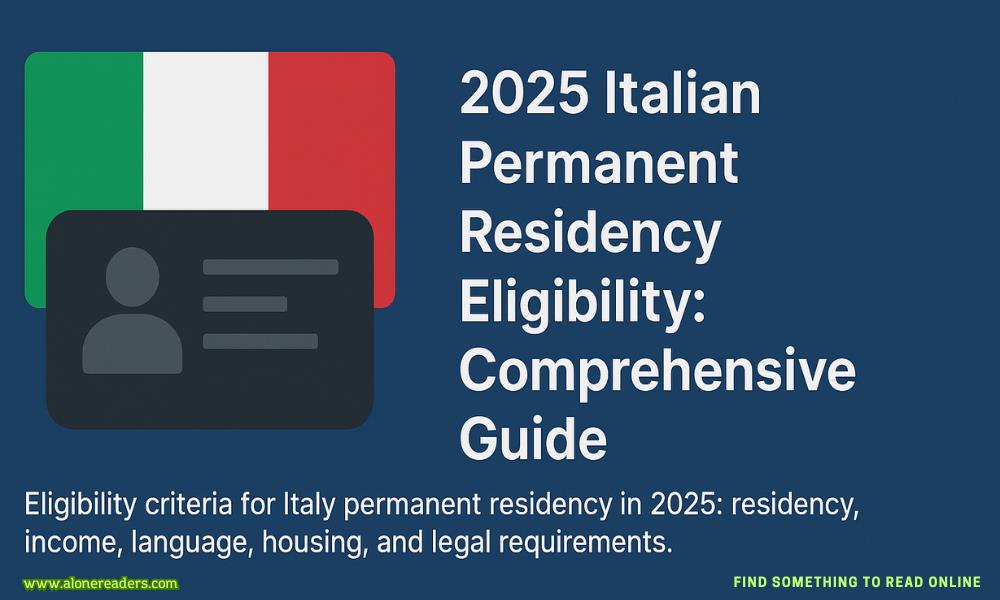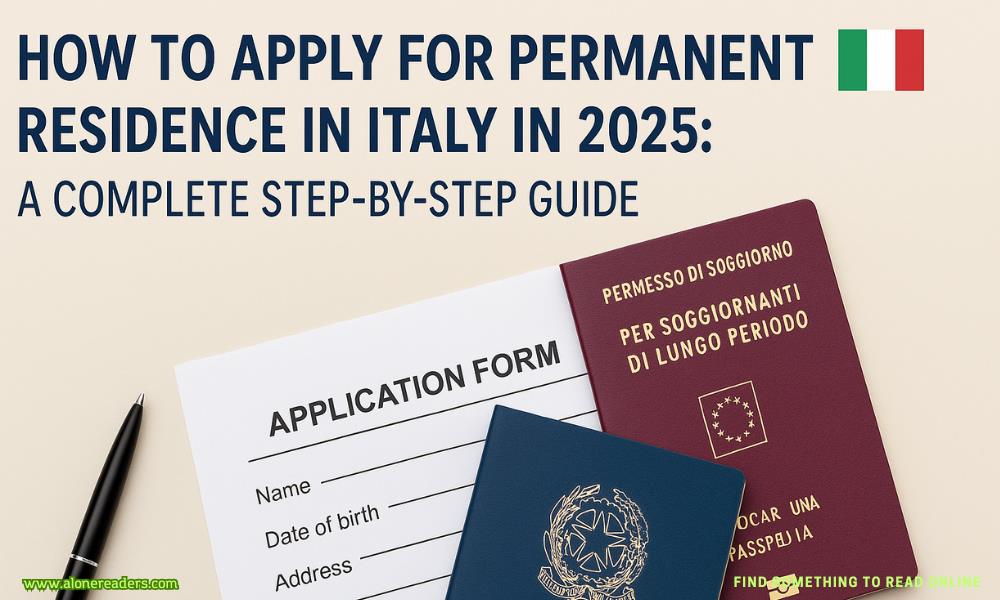Page 63 of Six Wild Crowns
“I want a dukedom,” Edward says, spearing a sausage. “I hear the Duke of Graffe is out of favour. See if you can get that for me.”
“Brother, the king won’t give out dukedoms just because I ask,” Seymour says. She’s tired after her unexpected swimming lesson and the meeting with Boleyn and Howard.
“Why not? I heard he made George Boleyn a member of the Privy Chamber after his whore sister became queen.”
“Don’t call her that, please.”
Edward takes another sausage and waves it around to make his point. “I didn’t put up with you for all these years not to get anything out of it.”
“You have very fine rooms at Hyde and High Hall now,” she points out.
“They’re notminethough,” Edward says, leaning over to Seymour. “They’re yours and I just get to stay in them. I want something for me.”
Clarice leans between him and Seymour to refill their wine glasses. Edward bats them away with a flick of his hand, sending the jug flying. Clarice slips backwards and lands painfully on the tiled floor with a muffledoof.
Seymour is on her feet in an instant. “Are you all right?” she says.
“Whatare you doing,” Edward says in disgust. “It’s a servant.”
Clarice scrambles up, ignoring Seymour’s outstretched hand. They busy themselves with mopping up the spilled wine. With a blush, Seymour suddenly realises that that single jug of wine – a favourite of hers, imported at great expense from Quisto – probably costs more than Clarice’s yearly wage. How must it look to them, how must it feel, to know that her brother can afford to throw away something that costs that much? She feels ashamed that this has only occurred to her now, twenty years after Clarice was taken into her service.
“Oi, Seymour,” Edward says, clicking his fingers at her. “Are you listening to me?”
Something must be done about him.
Edward was always a wild boy. As he grew, his unchecked, seemingly boundless energy turned from play to tricks to destruction.Their parents used to joke that they wished they could tranquillise Edward and energise Seymour.
Clarice refills Edward’s cup, and Seymour nods vacantly as he continues to rant about dukedoms and power. Tranquillity. Suddenly, she is reminded of a pretty pink plant in Queen Aragon’s greenhouses at High Hall.Puts you right to sleep. Specially if you put it in your drink. That’s what the gardener had said, all those months ago. What was the plant called again? Seymour can’t recall the name, but she thinks she’d recognise it if she saw it.
A walk through Hyde’s gardens later, and she has them. Dusky pink petals that smell of dying summer. Seymour calls for a jug of wine and, once she’s alone again, drops the flowers into the wine, stirring them around with her finger before lifting them out again in a slop of petals. She stoppers the jug and clutches the bottle to her chest. If this works, she won’t need Boleyn’s pills after all, for either her brother or the king. All she will need is a handful of flowers from her very own gardens. Oh yes, Seymour sleeps very well at Hyde. And now, so will everyone else, if she wants them to. In her mind, she kicks, and she can breathe once more.
CHAPTER TWENTY-SIX
Boleyn
Boleyn has always questioned the concept oftrust. She doesn’t understand those who talk aboutwho to trustorhow to trust. Those phrases imply a decision. For Boleyn, trust is not a choice. It is a sense, every bit as strong as smell or hearing. She cannot decide to smell the lily unless she were to block up her nose. She cannot choose not to listen to the seagulls at dawn unless she covers her ears. To decide to trust or not to trust someone is akin to denying her body. It should not be done. The only decision to make is whether she trusts herself or not, and that is no decision at all. Of course she does.
But Boleyn is less and less sure of herself. Her inner circle is in flux, and a single question dominates her thoughts: who is the real Henry? Does he love her, or just the idea of her? What kind of man, who has seen war and ruled a kingdom for more than twenty years, marries a girl who has barely started her courses? Can she trust him now, and can she trust their unborn child in his care? Then the question follows – if she cannot, what can she do about it?
Since returning from Plythe, Boleyn has not slept well. She cannot make herself comfortable, no matter how many pillows her maids bring, or how Syndony arranges them. When she does dream,it is of Howard, and Seymour, and Henry. In Boleyn’s dreams, he peels his face off to be with his other queens, then wears a mask to be with her. She tries to tug the mask off, desperate to see what’s beneath the empty eye sockets, but he only laughs and presses her down, his bulk immoveable, his strength immeasurable.
It is in this mood that she visits Bishop More to make her will, Mary at her side. The bishop shows the sisters into his office, a small room added to one side of the sanctuary in Pilvreen. Boleyn goes to sit at the desk, but the bishop stops her.
“In this instance, Your Majesty, it is customary for me to write down your testament. You may dictate to me.”
He shows her and Mary to two less impressive chairs at the side of the room, and his servant brings them flatbreads and wine.
“My understanding is that you cannot share the contents of my will, my lord,” Boleyn says. More looks up from preparing his quills and ink and adjusting his paper so it sits perfectly perpendicular to the bottom of the desk.
“That is correct. You may rely on my discretion.”
She must choose to trust him and, strangely, she does. More has never been her friend, but he believes in right and righteousness above all else. He, perhaps alone of Henry’s friends and advisors, cannot be bought. Mary takes her hand. Boleyn knows how difficult this is for Mary – any mention of dead spouses, of a lone parent being left to raise children, makes her grow uncommonly quiet. George and Boleyn worry of a return to the weeks after Mary’s husband was taken by the plague, where neither they nor Mary’s children could reach her. But Mary is the only person at Brynd who Boleyn trusts who has made such a will. She wants Mary to be her advocate should the bishop try to persuade her out of her decisions.
“In the event that I die in childbirth and my child survives, I wish for my child to be cared for by one person alone.”
More nods. “The king.”
“No. My sister Mary.”
- Daddy's Dirty Little Secret by Sofia T. Summers
- Sofa King Safe by Alexa Riley
- A Touch of Fate by Cora Reilly
- Mercy by Elizabeth Knox
- Veiled Vows by Ajme Williams
- Bending Over for My Tw!n by J. Snow
- Double Mountain Men by S.E. Law
- Fierce Vows by Jade Marshall
- Snowed in with the Mafia by Chloe Kent
- Claimed By a Knight by Lena Little
- Choke by Mila Crawford
- Stolen Princess's Secret by Kelly Hunter
- Wicked Games by Willow Dixon
- All Jacked Up by Abbi Glines
- Scatter the Bones by Autumn Jones Lake
- Need You to Choose Me by B. Celeste
